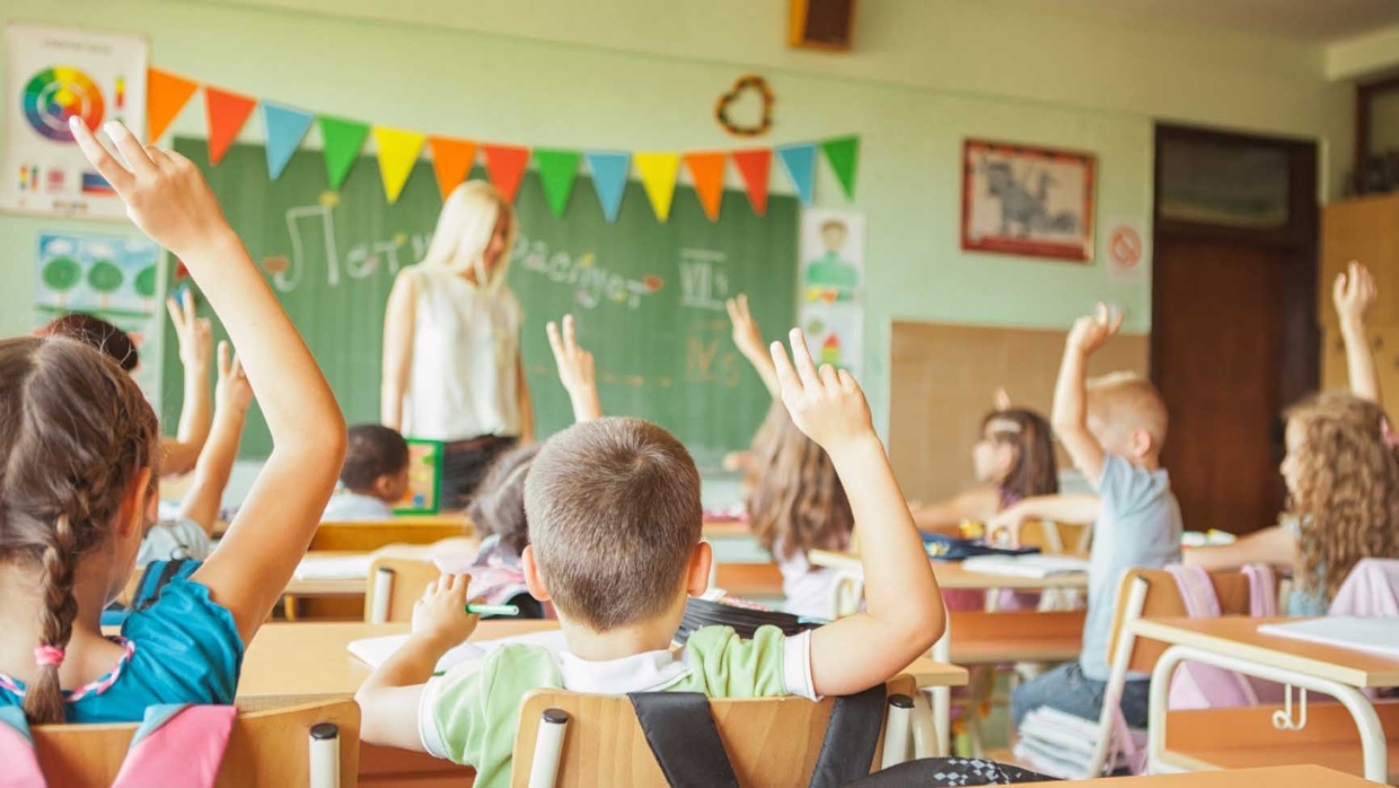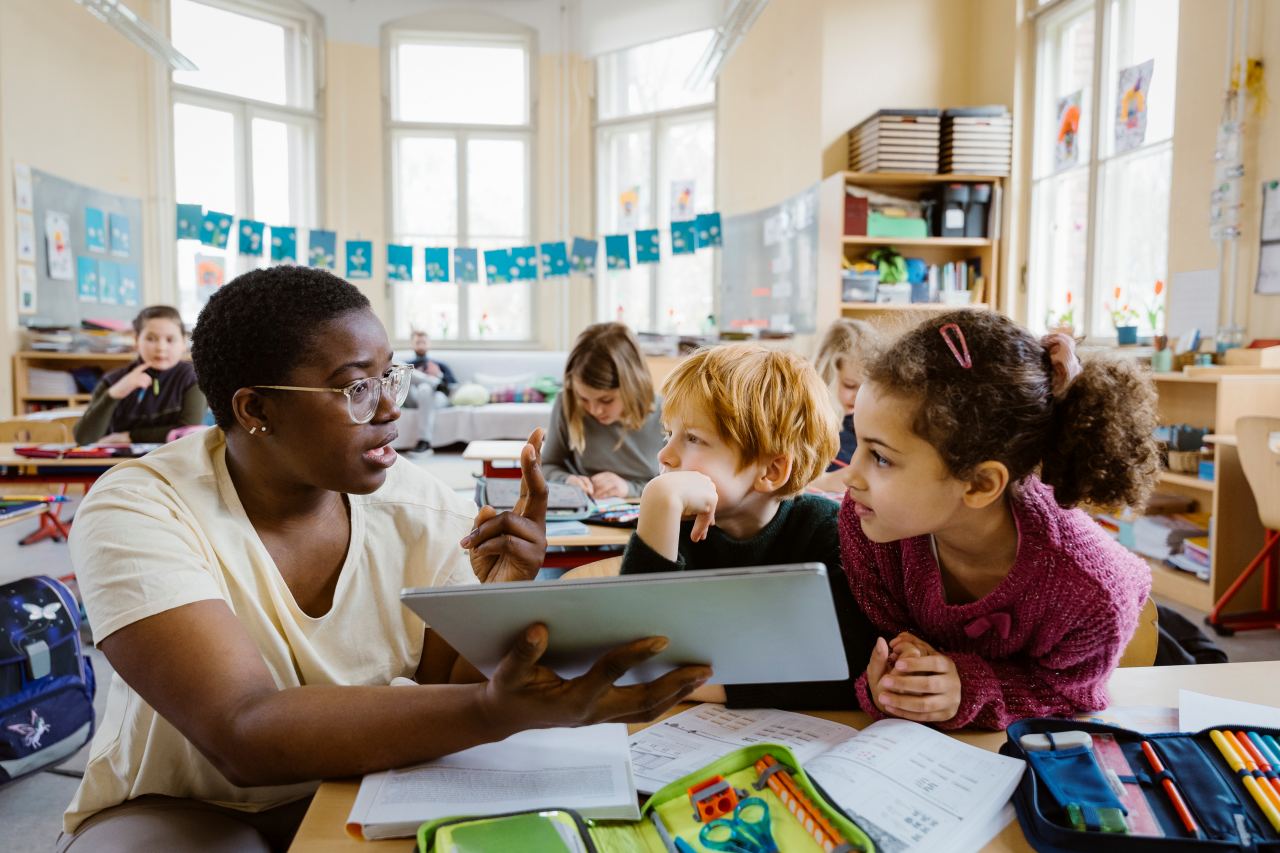Personalized Primary Science Tuition Singapore to Cater to Your Child’s Needs
Personalized Primary Science Tuition Singapore to Cater to Your Child’s Needs
Blog Article
Exploring the Various Mentor Strategies in Key Scientific Research Education And Learning Today
Inquiry-based knowing, hands-on experiments, and the integration of technology are redefining how educators engage young minds. Furthermore, collaborative methods and distinguished instruction are being employed to provide to the varied needs of pupils, enhancing both involvement and understanding.
Inquiry-Based Discovering
Inquiry-Based Learning (IBL) is a pedagogical strategy that encourages trainees to discover scientific principles through wondering about, investigation, and hands-on experimentation. This technique stresses the role of pupils as energetic participants in their knowing, advertising essential reasoning and problem-solving abilities. By involving with real-world concerns, students become interested and motivated, which boosts their understanding of scientific concepts.
In IBL, instructors function as facilitators, leading students as they navigate their inquiries rather than delivering details directly. This student-centered strategy permits distinction, accommodating different finding out speeds and designs. Pupils create abilities in formulating hypotheses, designing experiments, and evaluating data, which are critical for clinical proficiency.
In addition, IBL cultivates cooperation amongst trainees, motivating them to share findings and concepts. This cumulative query promotes social skills and a sense of area within the class. The process of query motivates durability, as students learn to welcome failing as a stepping stone toward understanding.
Hands-On Experiments
Hands-on experiments are a vital component of effective scientific research education and learning, matching the principles of inquiry-based learning. These experiments permit trainees to engage straight with clinical ideas, promoting a much deeper understanding via experiential understanding. By adjusting materials and observing results, young learners can comprehend abstract concepts in substantial ways.
Such activities advertise vital thinking and analytical skills, as trainees assume results, conduct experiments, and analyze outcomes. This process urges them to ask concerns, improve their understanding, and create a scientific frame of mind. Hands-on experiments can be tailored to diverse learning styles, ensuring that all trainees have the opportunity to involve meaningfully with the content.
Additionally, hands-on experiments frequently urge partnership amongst peers, promoting teamwork and communication abilities. Operating in groups makes it possible for pupils to share ideas, review findings, and gain from each other, which enhances their total academic experience.
Integrating hands-on experiments right into the primary science educational program not only improves the discovering environment however additionally cultivates a lifelong rate of interest in scientific research. By actively joining their education, students are most likely to establish an interest for scientific query that prolongs beyond the classroom.

Technology Combination
Integrating innovation into main science education has actually ended up being significantly important in cultivating pupil involvement and boosting finding out end results. Making use of electronic devices, such as interactive simulations, online labs, and educational software application, offers pupils with possibilities to discover clinical ideas in innovative ways. These sources promote a much deeper understanding of complicated topics by allowing students to envision and control variables that would be impractical in a traditional class setup.
Furthermore, innovation integration encourages customized discovering experiences. Students can proceed at their very own rate, reviewing difficult principles via multimedia sources, which provide to different understanding designs. This flexibility not just supports private growth but also cultivates a feeling of Discover More autonomy in students.
Furthermore, technology offers as a bridge to real-world science, attaching students with current research study and specialist payments. Access to clinical journals and on-line databases expands students' viewpoints on scientific questions and cultivates essential believing skills.
Collaborative Knowing
Joint learning plays an essential role in main science education and learning by fostering team effort and communication skills among students. This method motivates learners to collaborate, share knowledge, and engage in analytic, which enhances their understanding of clinical principles. By taking part in group activities, students find out to verbalize their ideas, listen to diverse viewpoints, and discuss solutions, every one of which are essential abilities in both real-world and academic contexts.

Research indicates that collective knowing can result in enhanced motivation and involvement in scientific research subjects, as pupils locate enjoyment in shared experiences (primary science tuition Singapore). Additionally, this technique prepares trainees for future collaborative endeavors, furnishing them with the abilities required for effective team effort in college and specialist environments. Ultimately, embracing joint understanding in key science education and learning can substantially enhance the learning experience and promote a deeper understanding of clinical questions
Set Apart Direction

Separated guideline can materialize in numerous means, such as differing the web content, processes, or items of discovering. For example, educators may make use of tiered projects that provide differing levels of intricacy, allowing students to operate at their corresponding preparedness levels. Additionally, adaptable grouping methods can help with collaboration amongst pupils with various capabilities, cultivating peer knowing.
Evaluation plays an important duty in this method, as it informs instruction and helps educators comprehend each trainee's unique needs. Developmental evaluations, such as observations and quizzes, can direct instructors in changing their techniques to boost discovering results. primary science tuition Singapore. Inevitably, by applying separated instruction in primary scientific research education, educators can grow a much more fair and reliable discovering setting, empowering all students to reach their full capacity in understanding scientific sensations
Verdict
In summary, the varied training link techniques in primary science education and learning, including inquiry-based understanding, hands-on experiments, modern technology integration, joint understanding, and separated instruction, collectively contribute to a much more effective discovering atmosphere. These methods advertise essential reasoning, analytic abilities, and a deeper understanding of scientific concepts. By executing these approaches, instructors can develop helpful and appealing classrooms that address the varied requirements of pupils, eventually cultivating a long-lasting passion in scientific research and boosting scholastic success.
Inquiry-Based Learning (IBL) is an instructional strategy that urges pupils to discover scientific concepts with wondering about, investigation, and hands-on testing.Collective learning plays a crucial duty in primary science education by promoting synergy and interaction skills amongst students.Research shows that collaborative knowing can lead to boosted inspiration and involvement in science subjects, as students locate enjoyment in common experiences.In promoting an inclusive knowing atmosphere, distinguished instruction arises as a vital approach to suit the varied needs and abilities of trainees in primary scientific research education and learning. Ultimately, by implementing differentiated direction in main science education and learning, teachers can cultivate an extra efficient and fair understanding setting, empowering all students to reach their complete capacity in comprehending clinical phenomena.
Report this page